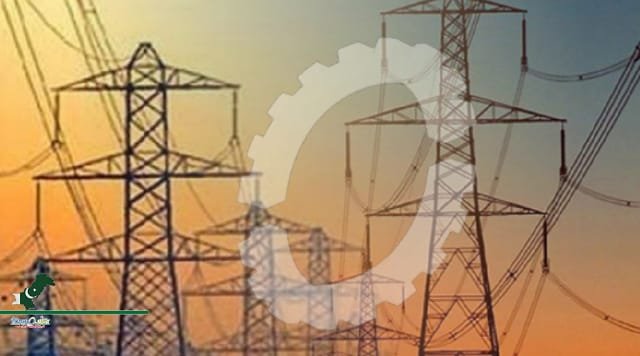The National Electric Power Regulatory Authority (Nepra) notified an electricity tariff additional fuel cost adjustment (FCA) of Rs4.85 per unit to be charged to consumers of ex-Wapda distribution companies (Discos) in bill to mop up Rs37.7 billion. The authority has approved positive FCA of Rs4.8530/kWh, having an impact of around Rs37.7bn,” Nepra announced. Interestingly, the regulator had earlier concluded an additional FCA of Rs4.68 per unit on account of violation of merit order of power plants but has now accepted justifications being fuel constraints.

\
The “adjustment of an increase of Rs4.853/kWh shall apply to all the consumer categories except lifeline consumers of all the ex-Discos”, said the notification issued here. It asked the Discos that the said adjustment shall be shown separately in the consumers’ bills based on units consumed in February and reflected in the April bill.
Discos, through Central Power Purchasing Agency (CPPA), had sought an almost 117pc (Rs4.95 per unit) increase in their fuel price adjustment against the reference fuel cost — Rs4.25 per unit (kWh) — for the electricity they sold in February to collect about Rs38.4bn additional funds. The regulator, however, allowed an increase of Rs4.84 per unit after minor adjustments here and there.
On behalf of Discos, the CPPA had claimed the consumers were charged electricity tariff a reference fuel cost of Rs4.25 per unit in February, but the actual cost turned out to be Rs9.21 per unit, hence an additional charge of about Rs4.95 per unit to consumers.
Nepra Vice-Chairman and Member Sindh Rafique A. Shaikh, however, dissented from the regulator’s price calculations saying the cost of mismanagement of fuel and non-availability of required RLNG could not be passed on to the consumers and also expressed his reservations on the purchase of electricity from IPPs whose power purchase agreements had not been approved by the regulator.
The higher electricity rates would be charged to all consumers in the electricity tariff current billing month (April) except those using less than 50 units per month. This tariff does not apply to KE consumers directly, although a part of it subsequently becomes part of KE’s tariff adjustments on account of its import from the national grid.
The regulator said it observed that energy from costlier furnace oil-based power plants was generated to the tune of over Rs11.3bn in February although the Nepra had been directing relevant companies repeatedly to provide complete justification for deviation from Economic Merit Order (EMO), showing hourly generation along-with the financial impact for deviation from EMO.
The officials explained that due to the non-availability of RLNG as per the requirements electricity was generated through RFO/HSD-based power plants, therefore, the regulator decided not to deduct any amount this month on account of violation of EMO.
It has become increasingly common that reference fuel costs approved by the government and the regulator turn out to be highly unrealistic, a question mark on their economic and financial analytical skills. In recent months, the actual fuel costs have ranged 56pc to 117pc higher than the reference rate. This results in sudden price shocks to consumers on account of monthly fuel adjustments on top of repeatedly increasing base power tariffs apparently at the behest of foreign lenders. Data showed that the share of domestic fuel sources in overall power generation in February was robust (46pc). The share of hydropower supply in the overall basket improved to 18.22pc against just 5.83pc
Source: This news is originally published by dawn
